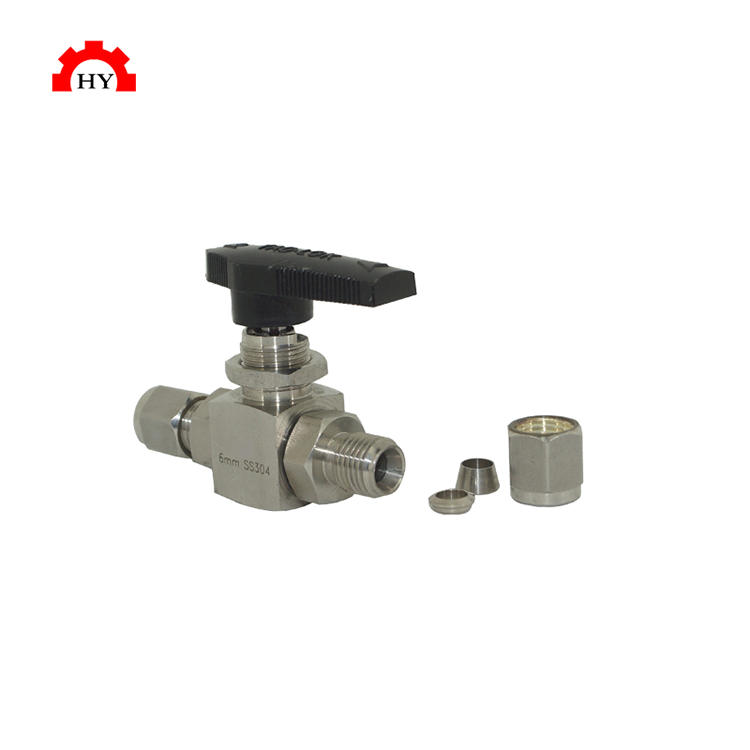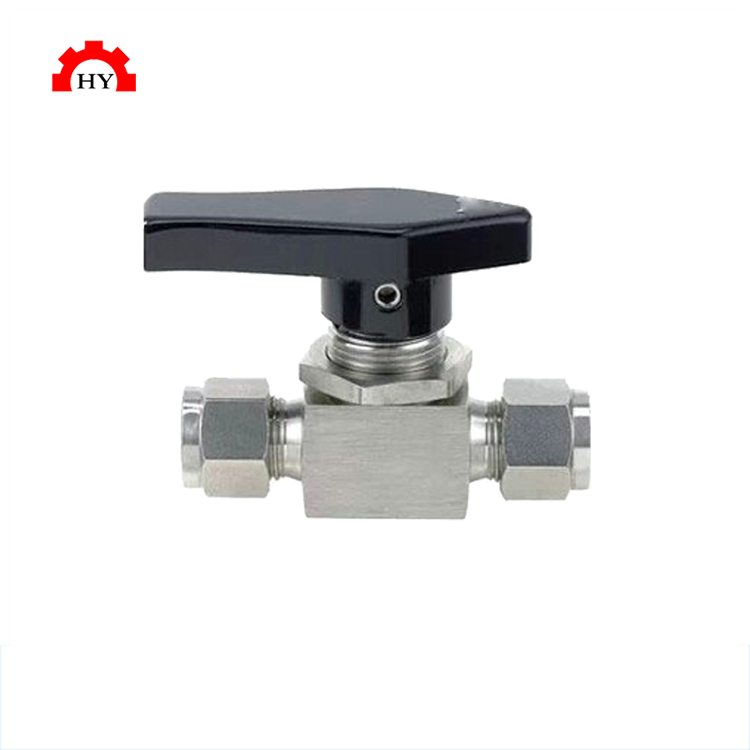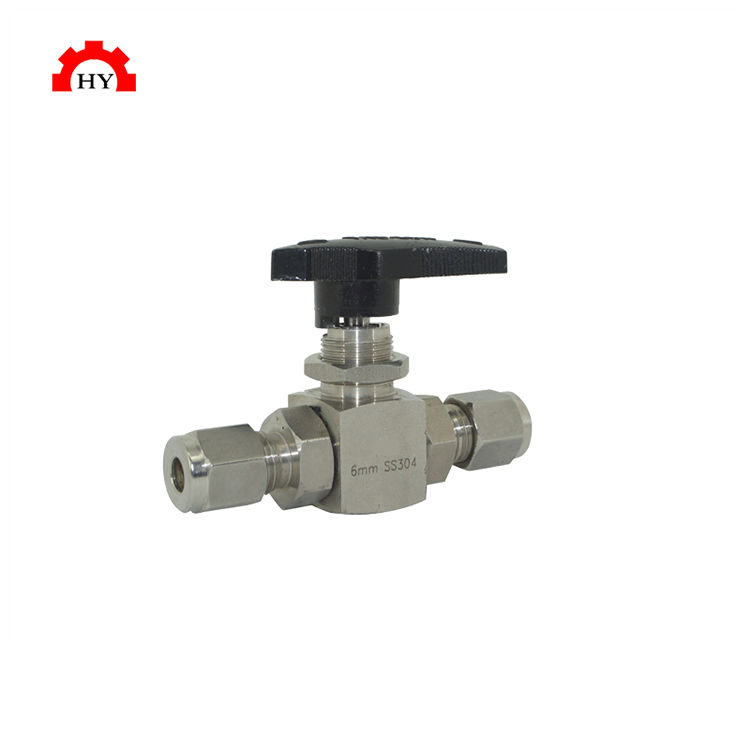Choosing the Right Instrumentation Ball Valve: A Buyer’s Guide
Selecting the right instrumentation ball valve is crucial for the efficiency and reliability of fluid control systems in various industries. As a trusted China instrumentation ball valves supplier, we provide this comprehensive buyer’s guide to help you make informed decisions and find the perfect solution for your specific needs.
Understand Your Application Requirements:
1.1 Fluid Type:
Consider the nature of the fluid (liquid or gas) and its corrosiveness. Choose materials that are compatible with the specific properties of the fluid.
1.2 Operating Conditions:
Evaluate the temperature and pressure requirements of your application. Ensure that the selected valve can handle the specified operating conditions.
1.3 Flow Control Needs:
Determine whether precise control, on/off operation, or both are necessary for your application. This influences the type and design of the instrumentation ball valve.
Types of Instrumentation Ball Valves:
2.1 Floating Ball Valves:
Suitable for applications where tight sealing is crucial. Ideal for on/off control.
2.2 Trunnion Mounted Ball Valves:
Provide enhanced stability and reduced seat wear, making them suitable for high-pressure applications.
2.3 Three-Way and Multiport Ball Valves:
Offer flexibility in fluid flow configurations. Choose based on the complexity of your system.
Material Selection:
3.1 Body Material:
Common materials include stainless steel, brass, and alloys. Consider corrosion resistance, durability, and compatibility with the fluid.
3.2 Seat Material:
Select a seat material that ensures a tight seal and is resistant to wear and corrosion.
Size and Port Configuration:
4.1 Valve Size:
Choose the appropriate valve size based on the flow rate requirements of your system.
4.2 Port Configuration:
Determine the number of ports required for your application. Consider three-way or multiport configurations for complex flow patterns.
End Connections:
5.1 Flanged Connections:
Provide a robust and secure connection suitable for high-pressure applications.
5.2 Threaded Connections:
Ideal for easy installation and removal. Suitable for lower-pressure applications.
5.3 Welded Connections:
Offer a permanent and leak-proof connection. Common in pipelines and high-pressure systems.
Compliance and Certifications:
6.1 Industry Standards:
Ensure that the instrumentation ball valve complies with relevant standards such as API, ANSI, and ISO.
6.2 Safety Certifications:
For hazardous areas, look for valves with ATEX certification and adherence to Safety Integrity Level (SIL) requirements.
Customization Options:
7.1 Size and Configuration:
Opt for a supplier that offers customization options to meet your specific size and configuration requirements.
7.2 Materials and Coatings:
Select a supplier that can provide customization in materials and coatings based on your application’s unique needs.
Maintenance and Service Life:
8.1 Maintenance Requirements:
Consider the ease of maintenance. Look for valves with minimal maintenance requirements to reduce downtime.
8.2 Service Life:
Choose a valve with a long service life to minimize replacement and maintenance costs.
Technical Support and Documentation:
9.1 Technical Support:
Opt for a supplier that offers comprehensive technical support to assist with installation, troubleshooting, and maintenance.
9.2 Documentation:
Ensure the supplier provides clear and detailed documentation, including installation guides and specifications.
Reputation and Supplier Reliability:
10.1 Supplier Track Record:
Choose a supplier with a proven track record of delivering high-quality instrumentation ball valves.
10.2 Customer Reviews:
Consider customer reviews and testimonials to gauge the satisfaction of previous buyers.
Global Reach and Delivery:
11.1 Worldwide Distribution:
Select a supplier with a global distribution network to ensure timely delivery.
11.2 Logistics Support:
Check for logistic capabilities that facilitate smooth delivery to your location.
In conclusion, selecting the right instrumentation ball valve involves a comprehensive evaluation of your application requirements, careful consideration of design features, and choosing a reliable valve supplier. As a leading China supplier, we are committed to providing high-quality, customizable instrumentation ball valves tailored to meet the diverse needs of industries worldwide.




